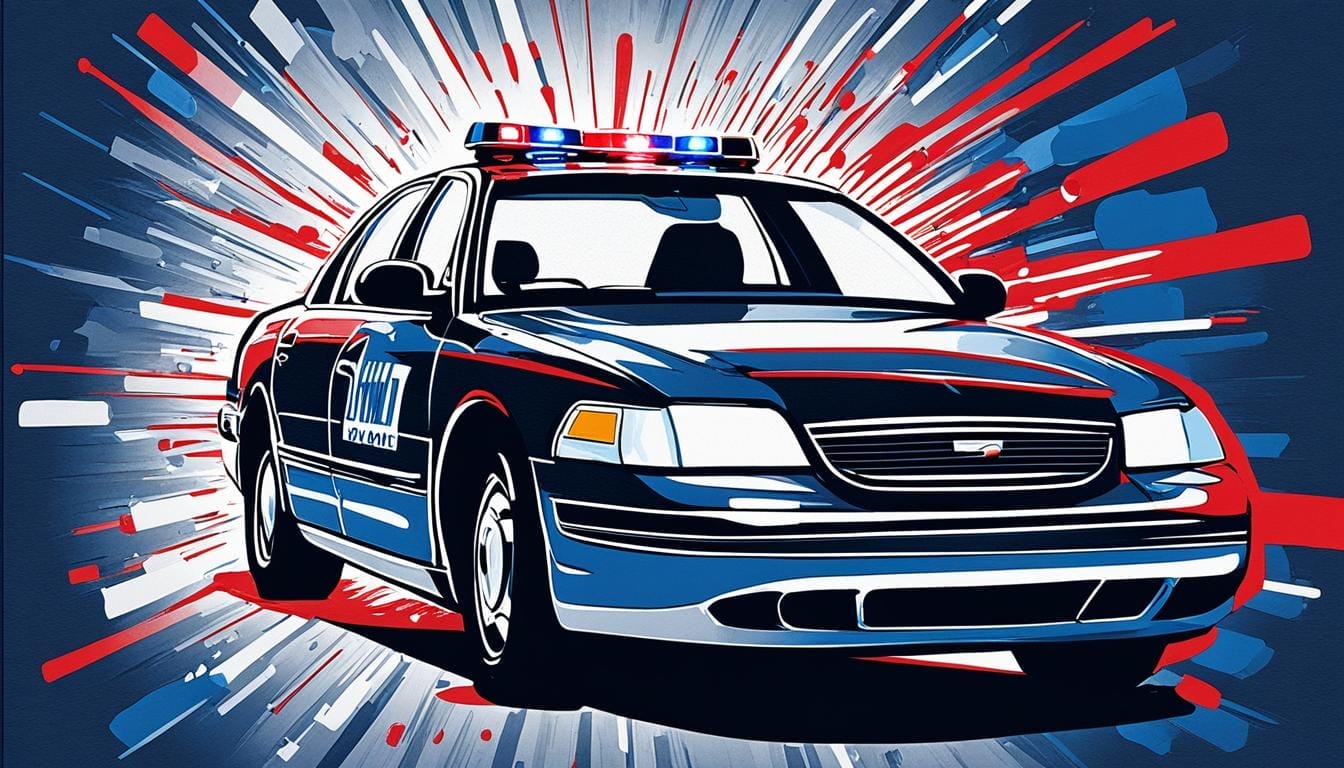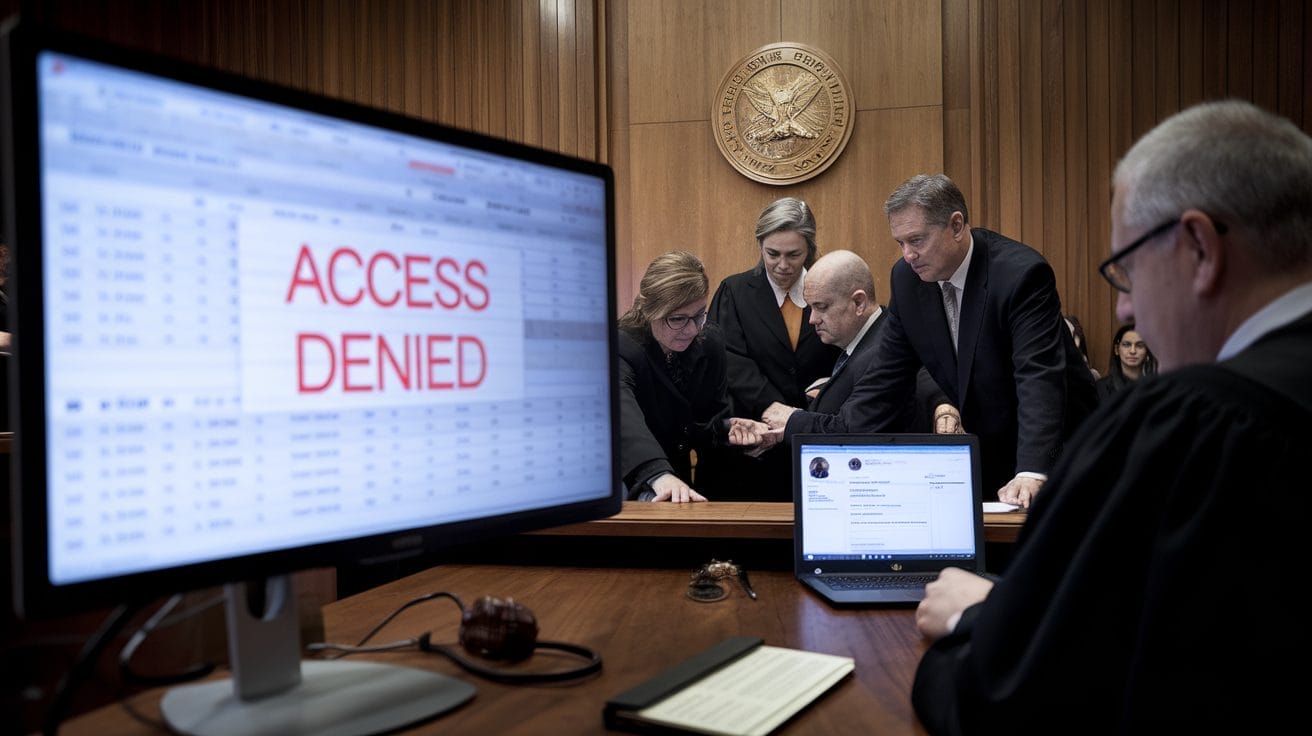Obtaining a commercial driver’s license (CDL) in Texas after a DWI conviction can be a complex process with specific timelines and requirements. If you have been convicted of a DWI and are looking to regain your CDL, it is important to understand the timeline for CDL reinstatement in Texas. This guide will provide you with all the information you need to navigate the CDL reinstatement process and ensure you meet all the necessary requirements.
CDL eligibility post-DWI is determined by the Texas Department of Public Safety (DPS), and there are several steps involved in the reinstatement process. From the initial disqualification period to the administrative processes and requirements, understanding the timeline is crucial for individuals seeking to resume their commercial driving career.
In this comprehensive guide, we will walk you through the various stages of CDL reinstatement in Texas. You will learn about the disqualification offenses for CDL holders, including the disqualification periods and their impact on CDL eligibility. We will also cover the initial disqualification periods for first-time DWI offenders, repeat DWI offenders, and CDL holders with a hazardous materials endorsement.
The guide will then delve into the step-by-step process for reinstating your CDL, including the administrative processes, hearings, appeals, and the necessary requirements to complete the reinstatement process. You will also gain insights into the impact of multiple DWI convictions on CDL status and the potential for a lifetime CDL disqualification.
Additionally, we will discuss the legal and administrative processes involved in CDL reinstatement post-DWI and the importance of seeking legal assistance throughout the process. We will explore employer considerations when hiring CDL drivers with a history of DWI convictions, as well as provide a list of resources and legal assistance available for CDL applicants seeking reinstatement.
Whether you are a first-time DWI offender or a CDL holder with multiple convictions, understanding the timeline for obtaining a CDL after a DWI in Texas is essential. This guide will equip you with the knowledge and resources you need to navigate the reinstatement process and get back on the road to a successful commercial driving career.
Overview of Texas DWI Impact on CDL Eligibility
When it comes to obtaining or maintaining a commercial driver’s license (CDL) in Texas, a DWI conviction can have significant consequences. Understanding how a DWI can impact CDL eligibility is essential for individuals navigating the reinstatement process. This section provides an overview of the specific offenses that can lead to CDL disqualification, the corresponding disqualification periods, and the overall impact on CDL eligibility.
CDL Disqualification Offenses in Texas
Under Texas law, certain offenses can result in CDL disqualification for commercial drivers. These offenses include:
- Operating a commercial vehicle with a blood alcohol concentration (BAC) of 0.04% or higher
- Refusing to take a chemical test to determine BAC
- Operating a commercial vehicle while under the influence of a controlled substance
- Leaving the scene of an accident involving a commercial vehicle
- Using a commercial vehicle to commit a felony
Disqualification Periods and Impact on CDL Eligibility
The disqualification period for a CDL holder depends on the specific offense committed. In general, the disqualification periods for CDL holders convicted of a DWI in Texas are as follows:
| Offense | Disqualification Period |
|---|---|
| First DWI offense | 1 year |
| Second DWI offense | Lifetime disqualification |
| Using a commercial vehicle to commit a felony | Lifetime disqualification |
The impact of a DWI conviction on CDL eligibility is substantial. Multiple DWI convictions or using a commercial vehicle to commit a felony can result in a lifetime disqualification, effectively prohibiting individuals from obtaining or retaining a CDL. Understanding these disqualification offenses and periods is crucial for those seeking reinstatement and who wish to continue their career as commercial drivers.
Initial Disqualification Periods for CDL After a DWI
When it comes to obtaining a CDL after a DWI conviction in Texas, understanding the initial disqualification periods is essential. The disqualification periods vary depending on whether you are a first-time DWI offender, a repeat offender, or a CDL holder with a hazardous materials endorsement.
Disqualification periods for first-time DWI offenders
If you are a first-time DWI offender and hold a CDL, your disqualification period will be determined by the severity and circumstances of the offense. In Texas, the disqualification period for a first-time DWI offense can range from a minimum of one year to a maximum of three years.
Disqualification periods for repeat DWI offenders
For repeat DWI offenders who hold a CDL, the disqualification periods become more severe. Depending on the number of prior DWI convictions, CDL holders can face disqualification periods ranging from three years to a lifetime disqualification.
Disqualification periods for CDL holders with hazardous materials endorsement
If you hold a CDL with a hazardous materials endorsement and are convicted of a DWI, the disqualification period is even more stringent. CDL holders with a hazardous materials endorsement can face a disqualification period of three years for a first-time offense and a lifetime disqualification for repeat offenses.
It’s important to note that these disqualification periods are imposed by Texas CDL disqualification laws and can have a significant impact on your ability to regain your CDL and continue your commercial driving career. Understanding the specific disqualification periods for your situation will help you plan and navigate the reinstatement process effectively.
Steps to Reinstatement of CDL Following a DWI
Reinstating your commercial driver’s license (CDL) after a DWI conviction in Texas involves a step-by-step process. Understanding these steps is crucial to successfully regain your CDL and resume your career as a commercial driver. Here are the key stages in the CDL reinstatement process:
- Administrative Processes: The first step is to navigate the administrative processes involved in CDL reinstatement. This includes submitting the necessary documents and forms required by the Texas Department of Public Safety (DPS), such as the Application for Reinstatement of Commercial Driver License and the Alcohol/Drug Use Questionnaire.
- Requirements for Reinstating CDL: To regain your CDL after a DWI, there are certain requirements you must meet. This may include completing a mandatory waiting period, attending alcohol education programs or treatment, passing a medical examination, and providing proof of financial responsibility, such as a certificate of insurance.
- Hearings: If you wish to contest the disqualification of your CDL, you have the option to request an administrative hearing. This allows you to present evidence and arguments to challenge the disqualification. It is important to note that requesting a hearing does not pause the disqualification process, so it is crucial to act promptly.
- Appeals: If the outcome of the administrative hearing is not in your favor, you have the right to appeal the decision. The appeal process varies depending on the Texas Administrative Code and may involve submitting a written appeal and attending a hearing before an administrative law judge.
To ensure a smooth reinstatement process, it is essential to carefully follow the guidelines provided by the Texas DPS and seek legal assistance if needed. By understanding and completing each step of the process, you can increase your chances of successfully regaining your CDL and getting back on the road.
Impact of Multiple DWI Convictions on CDL Status
In Texas, multiple DWI convictions can have severe consequences on your Commercial Driver’s License (CDL) status. It is essential to understand the specific impact to make informed decisions and take the necessary steps to regain and maintain your CDL.
Repeat offenders who have multiple DWI convictions face the potential for lifetime CDL disqualification. This means that if you have been convicted of DWI multiple times, you may permanently lose your CDL and the privileges it provides. Lifetime CDL disqualification is a serious consequence that can significantly impact your career prospects as a commercial driver.
In addition to lifetime disqualification, there are also disqualification periods for serious traffic offenses. These offenses can result in temporary CDL suspension, further affecting your ability to work as a commercial driver. It is crucial to be aware of the specific disqualification periods associated with serious traffic offenses to understand the duration and impact of CDL suspension.
By understanding the potential consequences of multiple DWI convictions, you can make informed choices and take proactive steps to avoid further jeopardizing your CDL status. Seeking legal guidance and exploring available resources can help you navigate the complexities of CDL reinstatement and ensure the best possible outcome for your commercial driving career.
Legal and Administrative Processes Affecting CDL Post-DWI
In order to regain your CDL after a DWI conviction, you must navigate through various legal and administrative processes. Understanding these processes is essential to successfully reinstate your CDL and resume your commercial driving career. This section will provide an in-depth exploration of the key components involved in CDL reinstatement post-DWI, including administrative hearings, appeals, and the importance of legal assistance.
Administrative Hearing Process
When seeking CDL reinstatement, one crucial step is the administrative hearing process. This involves appearing before an administrative law judge to present your case and contest the disqualification. During the hearing, you will have the opportunity to provide evidence, present witnesses, and argue why your CDL should be reinstated. It is important to prepare thoroughly for this hearing and to have a solid understanding of the relevant laws and regulations.
Appeals for DWI CDL Disqualification
If your CDL reinstatement is denied following the administrative hearing, you have the option to appeal the decision. The appeal process allows you to request a review from a higher authority, such as a state court, to reconsider your case. It is essential to follow the specific procedures and timeframes for filing an appeal to increase your chances of a favorable outcome. Seeking legal assistance can be invaluable during the appeals process to ensure all the necessary documents and arguments are properly presented.
Legal Assistance for CDL Reinstatement
Seeking legal assistance for CDL reinstatement after a DWI conviction is highly recommended. A skilled attorney who specializes in DWI and CDL matters can provide valuable guidance throughout the entire process. They will have a thorough understanding of the relevant laws, administrative procedures, and the best strategies to present your case effectively. With their help, you can navigate the complex legal requirements and increase your chances of a successful CDL reinstatement.
Employer Considerations for Hiring CDL Drivers with DWI History
When it comes to hiring commercial driver’s license (CDL) drivers with a history of DWI convictions, employers must carefully consider various factors to ensure the safety and compliance of their operations. The well-being of both the driver and the general public is paramount, making it crucial for employers to implement rigorous policies and risk management strategies.
One essential consideration for employers is conducting thorough background checks on prospective CDL drivers. These background checks should include a comprehensive review of the candidate’s driving record, including any past DWI offenses. By performing these checks, employers can assess the candidate’s compliance with state and federal regulations and gain insight into their driving history.
Risk management is also a vital aspect of employing drivers with a history of DWI. Employers should have policies and procedures in place to ensure the safety of their drivers and the public. This may include implementing strict alcohol and drug testing protocols, providing ongoing driver education and training, and closely monitoring and evaluating driver performance.
Compliance with state and federal regulations is another crucial consideration for employers when hiring CDL drivers with a DWI history. Employers must ensure that candidates meet all necessary qualifications, including fulfilling the requirements set forth by the Federal Motor Carrier Safety Administration (FMCSA) and adhering to state-specific regulations regarding CDL eligibility.
By carefully considering these factors and adopting comprehensive policies and risk management strategies, employers can make informed decisions when hiring CDL drivers with a history of DWI. Prioritizing safety, compliance, and responsible driver behavior is crucial for maintaining a reputable and reliable transportation operation.
Image:
| Considerations for Hiring CDL Drivers with DWI | Actions |
|---|---|
| Background Checks | Conduct comprehensive background checks to assess the candidate’s driving record and compliance with regulations. |
| Risk Management | Implement strict alcohol and drug testing protocols, driver education and training programs, and ongoing driver performance evaluation. |
| Compliance with Regulations | Ensure candidates meet all necessary qualifications and adhere to state and federal regulations governing CDL eligibility. |
Resources and Legal Assistance for CDL Applicants with DWI
For CDL applicants seeking reinstatement after a DWI conviction, there are various resources and legal assistance available to guide you through the process. These organizations, programs, and legal services specialize in supporting individuals like yourself and can provide the necessary guidance and support to navigate the complex requirements.
One such resource is the Texas Department of Public Safety (DPS), which offers comprehensive information on CDL reinstatement programs. The DPS website provides detailed guidelines, forms, and instructions to help you understand the necessary steps to regain your CDL. It also outlines the disqualification periods and eligibility criteria based on your specific circumstances.
Additionally, you may consider reaching out to legal services specializing in CDL reinstatement. Qualified attorneys can provide expert advice, represent you in administrative hearings, and guide you through the appeals process if needed. They have a deep understanding of the legal implications and requirements surrounding CDL reinstatement after a DWI conviction.
Furthermore, there are organizations and programs dedicated to assisting CDL applicants with a DWI history. These organizations offer counseling, educational resources, and support networks to help individuals navigate the reinstatement process successfully. They can provide valuable insights, connect you with experienced professionals, and offer personalized guidance tailored to your specific situation.
By utilizing these resources and seeking legal assistance, you can increase your chances of successfully regaining your CDL. Remember, the process may seem overwhelming, but with the right support and guidance, you can navigate the complex requirements and take the necessary steps towards reinstatement.












